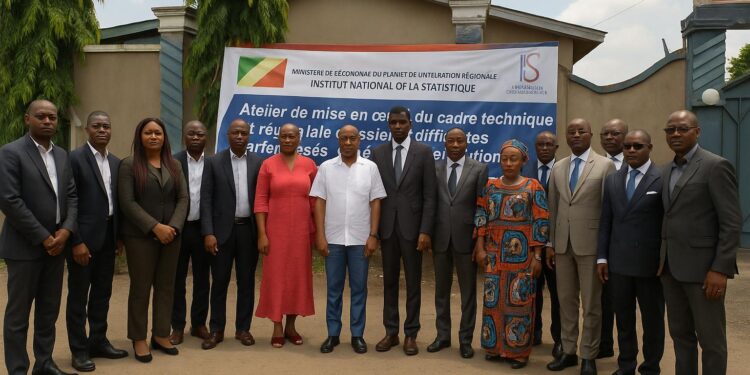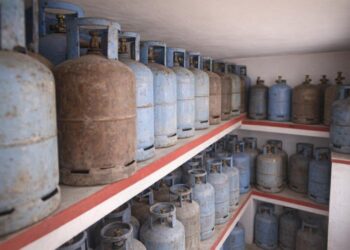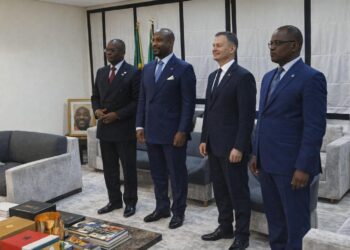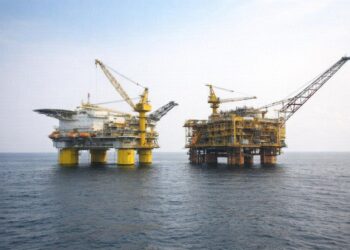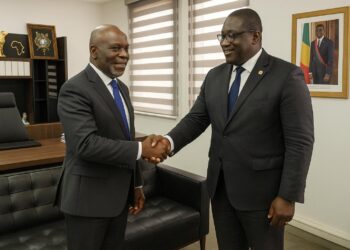Why Reliable Trade Statistics Matter for Congo
Foreign trade accounts for nearly 80 % of Congo-Brazzaville’s gross domestic product, yet decision-makers still navigate with partial maps. Import and export numbers often arrive late or with gaps, complicating everything from budget forecasts to port investment studies.
International lenders, credit-rating agencies and mining majors increasingly demand granular statistics before committing funds. Without an agreed methodology, conflicting datasets can inflate risk premiums. Reliable figures therefore function as a silent infrastructure, lowering transaction costs and signalling that public governance systems are maturing.
Inside the New Technical and Legal Framework
This backdrop framed the 10 November workshop in Igné, Djoué-Léfini department, where the National Institute of Statistics, or INS, unveiled a draft decree and data-exchange protocols. The text clarifies how customs declarations, port manifests and banking settlements will feed a single reference database.
Amzy Perdya Gnalabeka, director of surveys at INS, told participants that “credible trade statistics are an essential decision tool, not a luxury.” He argued the framework aligns Congo with the African Union’s Strategy for the Harmonisation of Statistics and the UN’s 2020 methodology.
Institutional Alliance Spanning Ports to Petroleum
Around the table sat officials from the General Directorate of Customs, the Central African States Bank, the National Oil Company of Congo, Energy Electric Congo, the autonomous ports of Brazzaville and Pointe-Noire, the Congolese Shippers Council, the single-window authority and the Brazzaville Chamber of Commerce.
Each institution will shortly nominate a “focal point” empowered to transmit quarterly datasets and flag anomalies before publication. Thierry Elemba, head of external trade statistics at INS, noted that this collegial validation process “removes the blame game and turns every agency into a co-owner of the figure.”
World Bank-Backed Harmonisation Push
Financial underpinning comes from the Regional Integration and Statistical Harmonisation Project for West and Central Africa, financed by the World Bank. The five-year envelope provides software licences, secure servers and field training, allowing Libreville and Douala data hubs to interconnect with Brazzaville seamlessly.
World Bank economist Maria Lopez, speaking virtually, said the institution sees “statistical convergence as the connective tissue for the AfCFTA.” By standardising commodity codes and valuation rules, Congo can benchmark export performance more convincingly against peers such as Ghana or Côte d’Ivoire.
Signals for Investors and Policy Planners
For investors, the immediate gain is visibility. Oil cargoes, timber exports and telecoms equipment imports will be traceable in near real time, facilitating hedging strategies and procurement planning. Banks will also refine foreign-exchange liquidity models, potentially narrowing the current CFA-franc bid-ask spreads.
Policy planners stand to benefit as well. More accurate import statistics sharpen customs revenue forecasts, while disaggregated export data inform negotiations on carbon-credit baselines for Congo’s vast forests. The Ministry of Economy views the platform as complementary to its forthcoming medium-term expenditure framework.
Timetable and Governance of the Roll-out
Implementation will follow a staggered calendar. From January, oil and mining flows enter the system; February adds forestry and agro-industrial shipments; March integrates manufactured imports. Quarterly dashboards will then be released 45 days after period-end, shaving the previous reporting lag by almost half.
Governance sits with a steering committee chaired by the Director-General of INS and reporting to the Prime Minister’s office. Minutes will be public, and an independent audit after year one will test data lineage, cyber-security and user satisfaction, according to the draft decree.
Regional Benchmarking and Future Digital Tools
Regionally, Congo hopes to match Rwanda’s one-day customs reporting and Kenya’s electronic single window. INS technologists are already studying blockchain time-stamping for bills of lading and automated anomaly detection powered by machine learning, though these features remain outside the core budget envelope.
Closer to home, the Central African Economic and Monetary Community is drafting a directive on the mutual recognition of trade statistics. Early compliance may position Brazzaville to chair the community’s statistics council in 2025, a role that could elevate its diplomatic profile.
Sustaining Momentum Beyond the Workshop
Sustaining momentum, however, will require steady funding for maintenance and continuous skills upgrades. Previous donor-driven platforms sometimes faltered once projects closed. INS officials emphasise that hosting costs are already in the national budget draft, signalling a commitment beyond the lifespan of external grants.
Civil society think tanks, notably Cercle des Économistes du Congo, advocate for open-data portals so that researchers can replicate findings. The draft decree grants public access with a 60-day delay, balancing transparency with the need to protect commercially sensitive information.
As Congo aligns its statistical compass, stakeholders from timber exporters to sovereign bond desks will soon navigate with clearer coordinates. The initiative may seem technical, yet its payoff—lower risk, higher trust and smarter policymaking—could ripple across the economy long after the workshop’s applause fades.
Looking ahead, the steering committee plans an annual public forum where export companies can query the figures and suggest refinements. By institutionalising feedback loops, INS hopes to keep the system adaptive, an attribute investors increasingly prize in fast-moving frontier markets.

































